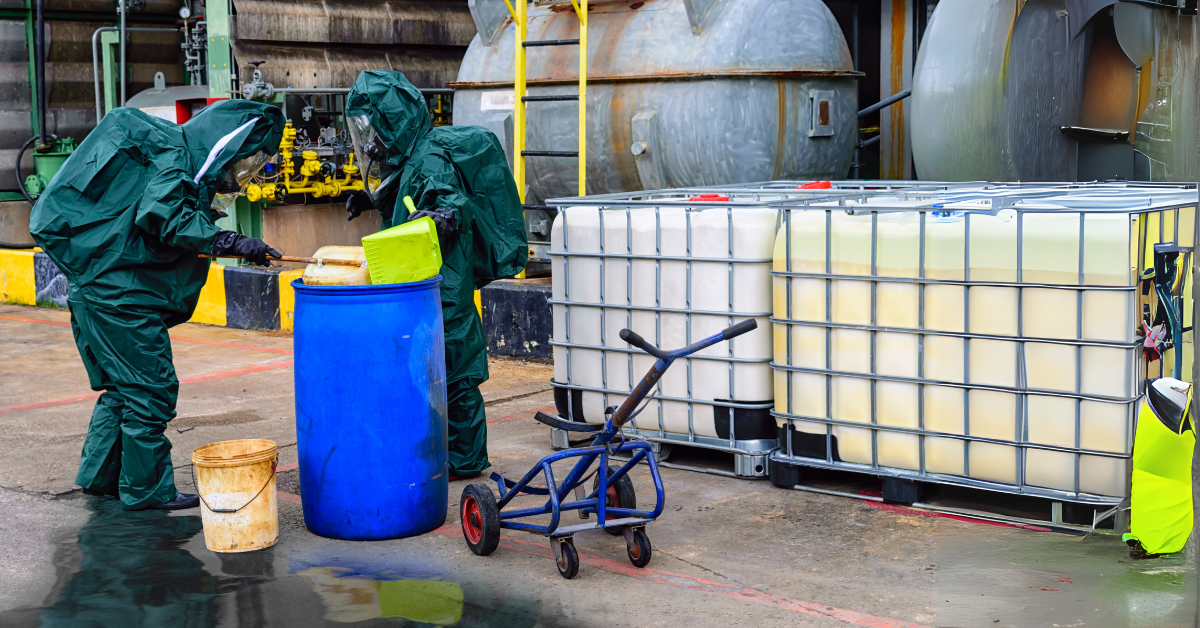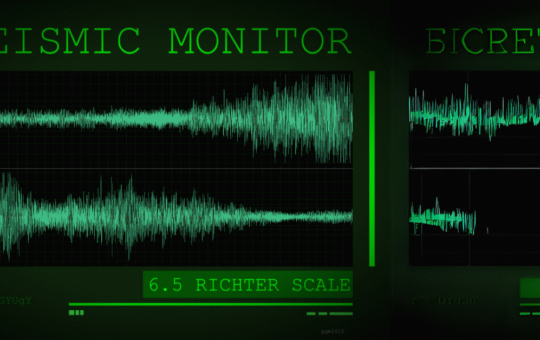
Level 2 Award in Oil Spill Response and Management
- Practical Skills: Learn hands-on techniques for oil spill containment and cleanup.
- Environmental Awareness: Understand the ecological impact of oil spills and mitigation measures.
- Compliance Knowledge: Stay informed about international regulations and standards.
- Career Growth: Enhance your qualifications in environmental safety and emergency response.
- Industry Alignment: Gain knowledge relevant to oil and gas operations and environmental management roles.
- Identify the causes and risks of oil spills.
- Demonstrate techniques for containing and recovering spilled oil.
- Develop and implement oil spill contingency plans.
- Understand the environmental and economic consequences of spills.
- Operate response equipment effectively and safely.
- Collaborate with emergency response teams during spill incidents.
- Understanding Oil Spills
- Causes of oil spills in marine and inland environments.
- Physical and chemical properties of different oil types.
- Impact of Oil Spills
- Environmental and economic consequences.
- Short- and long-term effects on ecosystems and communities.
- Oil Spill Response Planning
- Elements of a spill response plan.
- Risk assessment and preparedness strategies.
- Containment and Cleanup Techniques
- Booms, skimmers, and sorbents: How to use them effectively.
- Shoreline cleanup methods.
- Equipment and Safety
- Overview of oil spill response equipment.
- Ensuring the safety of personnel and the public.
- Regulatory Frameworks
- Key international standards and guidelines (e.g., MARPOL, OPRC).
- Compliance with national and regional regulations.
- Case Studies and Applications
- Analysis of real-world oil spill incidents.
- Lessons learned and best practices.
- Oil Spill Response Specialist
- Environmental Technician
- HSE Coordinator in Oil and Gas
- Emergency Response Team Member
- Marine Operations Assistant
- Industry Expertise: Delivered by seasoned professionals with hands-on experience.
- Practical Focus: Gain valuable real-world skills through practical exercises and case studies.
- Global Standards: Aligns with international best practices and safety regulations.
- Flexible Learning: Study at your own pace with comprehensive support.
- Career Enhancement: Build the expertise needed for success in oil and gas or environmental roles.
Study Units
- Understanding Oil Spills
- Causes of oil spills in marine and inland environments.
- Physical and chemical properties of different oil types.
- Impact of Oil Spills
- Environmental and economic consequences.
- Short- and long-term effects on ecosystems and communities.
- Oil Spill Response Planning
- Elements of a spill response plan.
- Risk assessment and preparedness strategies.
- Containment and Cleanup Techniques
- Booms, skimmers, and sorbents: How to use them effectively.
- Shoreline cleanup methods.
- Equipment and Safety
- Overview of oil spill response equipment.
- Ensuring the safety of personnel and the public.
- Regulatory Frameworks
- Key international standards and guidelines (e.g., MARPOL, OPRC).
- Compliance with national and regional regulations.
- Case Studies and Applications
- Analysis of real-world oil spill incidents.
- Lessons learned and best practices.
After completing this course, learners will be able to:
- Identify the causes and risks of oil spills.
- Demonstrate techniques for containing and recovering spilled oil.
- Develop and implement oil spill contingency plans.
- Understand the environmental and economic consequences of spills.
- Operate response equipment effectively and safely.
- Collaborate with emergency response teams during spill incidents.
The Level 2 Award in Oil Spill Response and Management is designed for:
Oil and Gas Industry Workers
Individuals working in marine, coastal, and inland oil and gas environments who need to understand the techniques and procedures for oil spill response and management.
Environmental Technicians and Specialists
Professionals in environmental management or conservation roles who seek to enhance their skills in handling oil spill incidents and minimizing their environmental impact.
HSE Coordinators and Managers
Health, Safety, and Environmental (HSE) professionals responsible for managing spill response operations and ensuring compliance with environmental safety standards in the oil and gas industry.
Emergency Response Teams
Personnel involved in emergency response operations who require specialized training in oil spill containment, cleanup, and recovery.
Marine Operations Personnel
Workers in marine or coastal operations who may be involved in or affected by oil spill incidents and need to understand the best practices for spill response.
Students and Career Starters in Environmental and Safety Roles
Individuals who are entering the environmental safety or oil and gas sectors and wish to gain foundational knowledge and hands-on skills in spill response.
Our assessment process is designed to ensure every learner achieves the required level of knowledge, skills, and understanding outlined in each course unit.
Purpose of Assessment
Assessment helps measure how well a learner has met the learning outcomes. It ensures consistency, quality, and fairness across all learners.
What Learners Need to Do
Learners must provide clear evidence that shows they have met all the learning outcomes and assessment criteria for each unit. This evidence can take different forms depending on the course and type of learning.
Types of Acceptable Evidence
Assignments, reports, or projects
Worksheets or written tasks
Portfolios of practical work
Answers to oral or written questions
Test or exam papers
Understanding the Structure
Learning outcomes explain what learners should know, understand, or be able to do.
Assessment criteria set the standard learners must meet to achieve each learning outcome.
Assessment Guidelines
All assessment must be authentic, current, and relevant to the unit.
Evidence must match each assessment criterion clearly.
Plagiarism or copied work is not accepted.
All learners must complete assessments within the given timelines.
Where applicable, assessments may be reviewed or verified by internal or external quality assurers.
Full learning outcomes and assessment criteria for each qualification are available from page 8 of the course handbook.
Top Courses
Related Courses
Let's Get in touch
Deleting Course Review
Course Access
This course is password protected. To access it please enter your password below:



